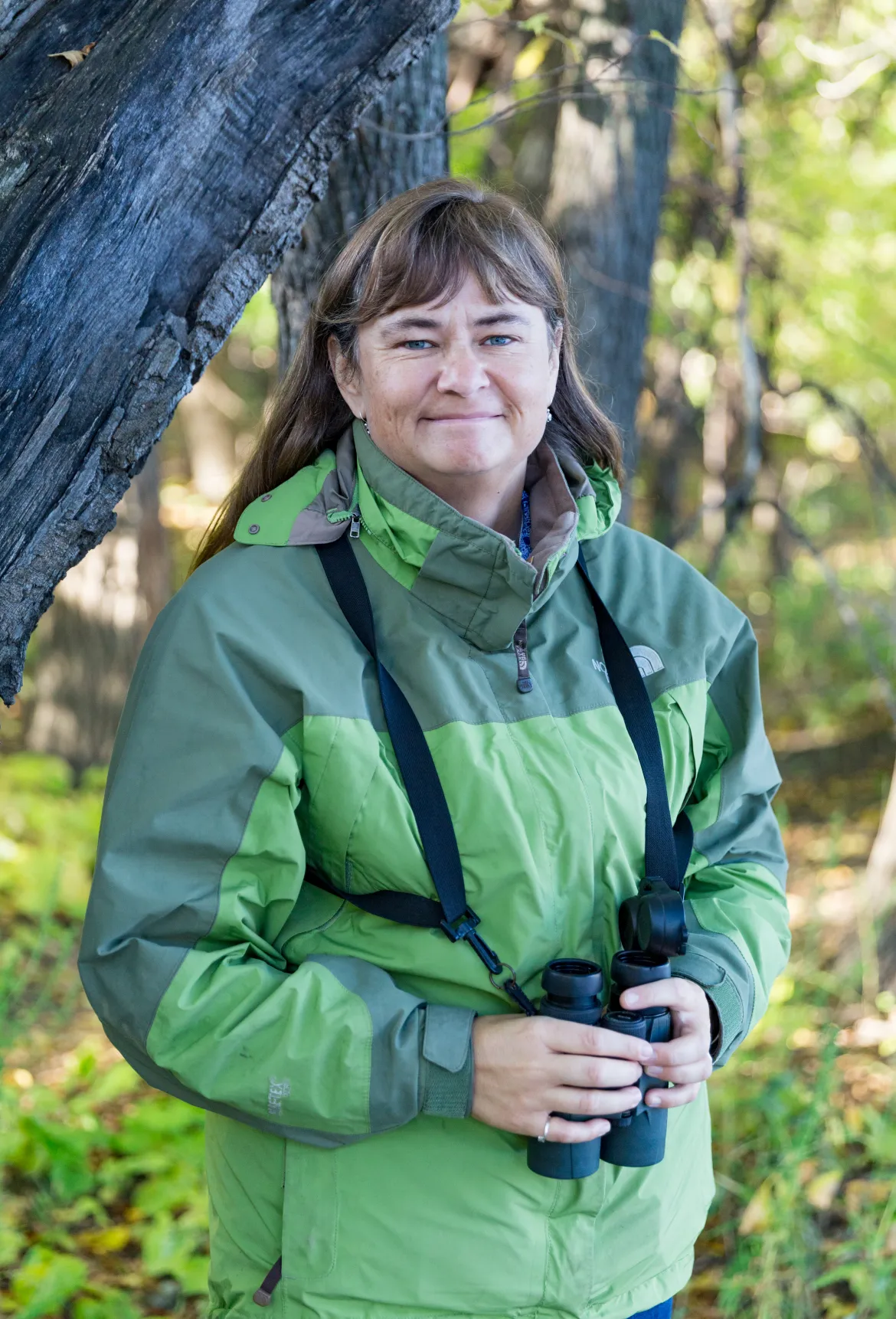NRESi Colloquium - Effects of vehicle traffic on birds: COVID-19 lockdowns as a global experiment - Dr. Nicola Koper

COVID-19 lockdowns resulted in significant changes to habitat suitability for many wildlife species. We treated traffic lockdowns as an opportunistic experiment to help us understand effects of traffic. We used more than 4 million observations of 82 bird species in Canada and USA from 2017-2020 to determine whether detections of birds differed during the pandemic in comparison with the previous 3 years. In North America, most avian species increased their use of habitat near roads and airports, and in cities, particularly when lockdowns coincided with peak migration periods. COVID-19 lockdowns offer critical learning opportunities that can help us understand anthropogenic impacts in wildlife, amidst the tragedies caused by the virus.
Dr. Koper is Dean of the Faculty of Environment at UNBC, and a Conservation Biologist. Her areas of expertise include avian conservation, habitat restoration for wildlife, and prairie, tropical, and landscape ecology. She often partners with private land owners, governments, and non-governmental organizations to develop landscape-scale experiments to identify and mitigate impacts of anthropogenic development on wildlife.
The Natural Resources & Environmental Studies Institute (NRESi) at UNBC hosts a weekly lecture series at the Prince George campus. Anyone from the university or wider community with interest in the topic area is welcome to attend. Presentations are also made available to remote participants through Zoom Webinar. Go to http://www.unbc.ca/nres-institute/colloquium-webcasts to view the presentation remotely.
Past NRESi colloquium presentations and special lectures can be viewed on our video archive, available here.